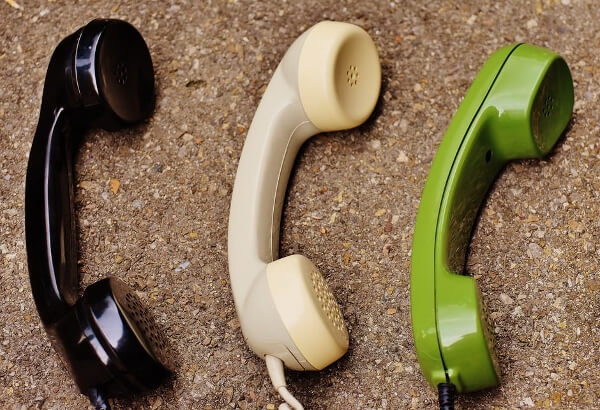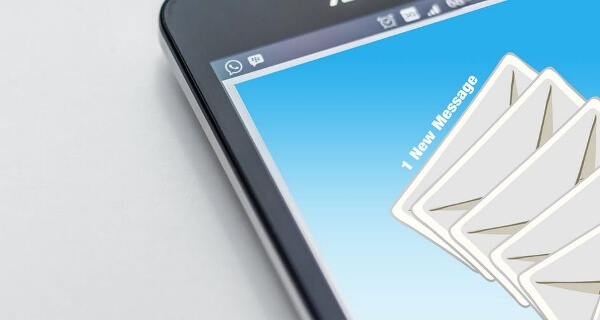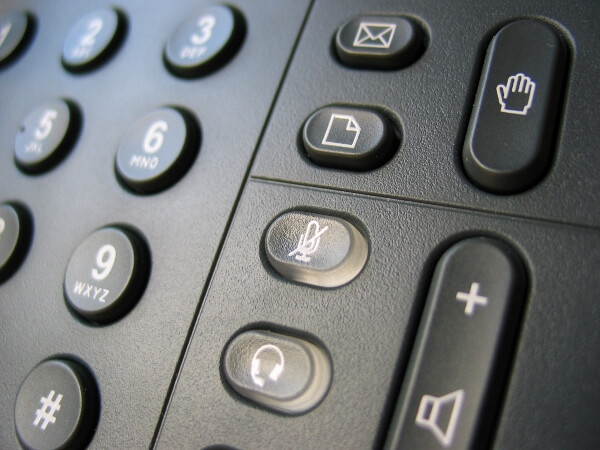The Art Of The Follow-Up Call

A large part of your focus is finding leads that are ready to hire you for their home improvement project. However, only part of the job is finding them. To be successful, you must prove to the customer that you’re the best fit for the job.
Persistence can be one of the keys to win the job, starting with the follow-up call. A step that’s often forgotten by some pros could be the most crucial in landing their next job. See a few follow-up call tips that can help!
Before you make the follow-up call, you must have a lead to call! Sign up with CraftJack today to start receiving leads from homeowners in your area.

Why Follow Up?
Contractors wear many hats, one of which is salesperson. When you’re calling a lead and inquiring about their project, you should be aware that you’re selling your business. That means you must be prepared and know sales tactics that may help. According to Hubspot, 44% of salespeople give up after their first follow-up, resulting in a loss of potential business. To land the job, you have to let the prospective customer know you are interested and seek out their business. Following-up with a customer shows that you care about their project and ready to help; that’s why having a strategy is so important.
Whether you’ve left a voicemail or were able to reach the customer quickly after receiving the lead, it’s likely you’ll need to call again to continue to sell yourself on the job. Don’t get discouraged if you’ve called once or twice already.
Plan A Time
If you’ve reached a customer’s voicemail, always have your pitch ready. This should include your name, what you do and how you can help solve their problem. However, you should never end a voicemail or a call without picking an appropriate time to follow-up. This will set the expectation for both you and the homeowners to prepare for another call.
When you’ve settled on a timeframe that works, write it down and most importantly, call on time. This follow-up call can show the customer that you’re dedicated and on time, among other values you’ll share with them. If you have a habit of forgetting, set a reminder on your phone or through email that can help.
Be Prepared
Before the call, you should have questions and short pitch ready. This follow-up call is an example of you and your business. By sounding unprepared over the phone, you then represent that your business might be unprepared for the project as well. Anticipate common questions and have answers ready.

Ask Questions & Take Notes
On the follow-up call, you should be doing more listening than talking. Ask questions to clarify the details of the project as well as get to know the homeowner better. Take notes as they talk and decide if there are any follow-up questions you can ask.
Be careful not to ask any leading questions. A great sales tactic is asking questions to help guide them to the solution which you can accomplish. Instead of asking “When can I start building your decking expansion?” ask “Are you looking to expand your deck for any particular event?” Then, follow up with more questions, proving that you are the best for the job. Questions like this will foster a better relationship between you and the customer, resulting in a loyal client.
Share Your Business Value
Once you have asked all your questions and thoroughly listened to the answers, decide how your business can be specifically valuable to that customer. How can you meet their project need and what differentiates you from your competitors? Use the information they gave you about their project to thoughtfully explain how you’re the best for the job.
Clarify Your Next Step
Before you end the call, make sure all expectations are clear on how you will be moving forward. If the customer has yet to decide, set another time where you can always follow up with an estimate. Decide on a time and date that works best for them. If they choose not to move forward, be polite and respectful. Aggressive sales tactics won’t always help you win the job.

Follow-Up Email
A follow-up email can always be helpful to aid in the success of a follow-up call, regardless of the outcome. You can recap the discussion and conclusion you’ve reached. The customer will appreciate the follow-up email. It shows them you’re willing to go the extra mile. It’s also a great time to attach any important documents about your service or their project. Be sure to send a follow-up email within 24 hours of your call.
Conclusion
If you’re not prepared, making a follow-up call to a potential customer may seem like an impossible task. Use a few of these tips to help you have a successful call and win the job.
Looking for more ways to improve your sales and strategy? Read How To Generate Loyal Customers.


